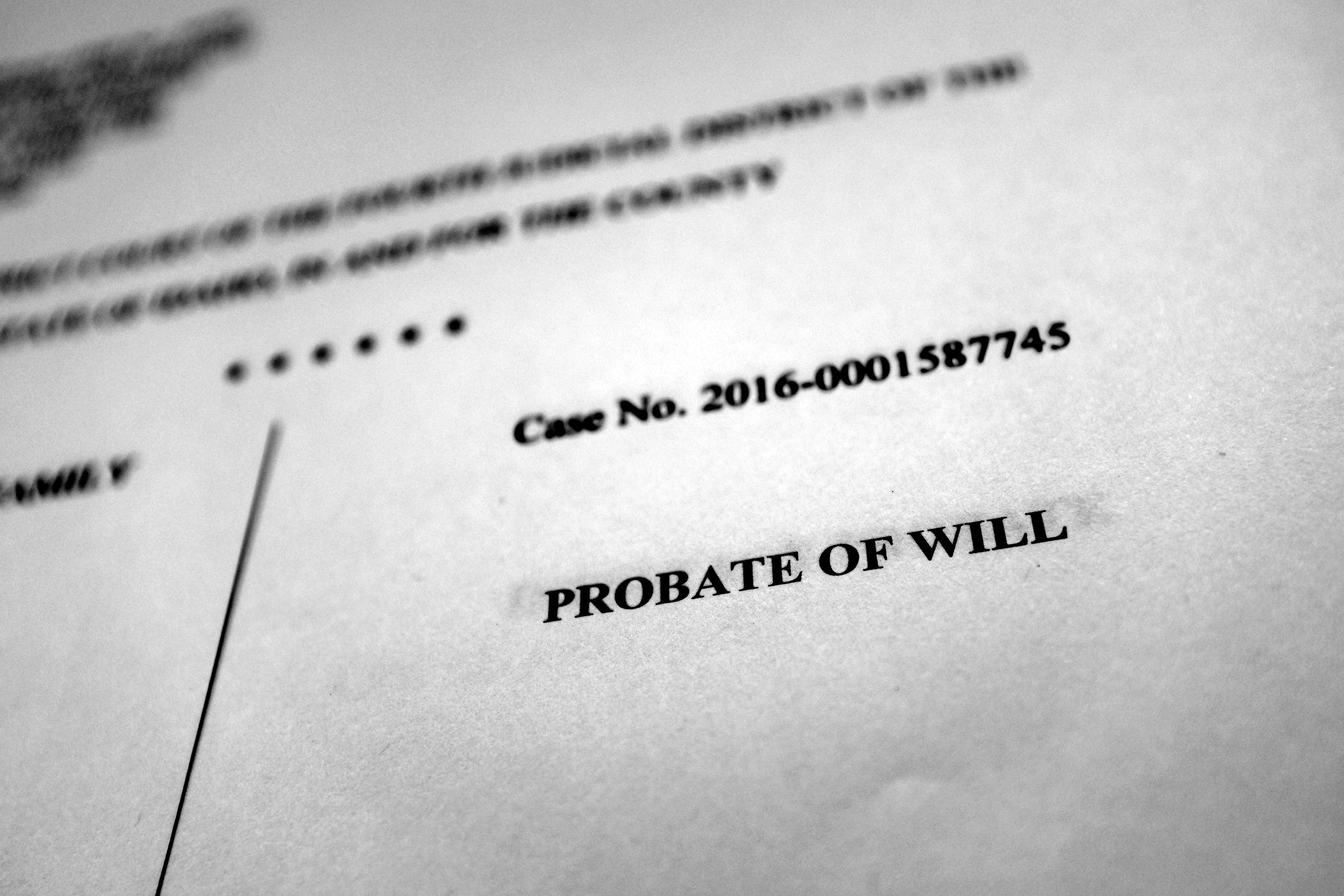
Creating a will gives the illusion of control. You think that by putting your wishes in writing, they’ll be honored exactly as intended. But the reality is far more complicated.
Courts, relatives, and even poorly chosen words can throw everything off course. Here are nine scenarios where what you wanted in your will might not actually happen.
1. When the Law Overrides Your Wishes
State laws often trump what’s written in a will, especially when it comes to spousal rights. Even if a will tries to disinherit a spouse, most jurisdictions grant a “right of election,” allowing them to claim a portion anyway. Similarly, minor children and dependents might have rights that supersede the written instructions. Laws around community property, marital assets, and inheritance minimums can’t be overridden by personal documents. A will must operate within the boundaries of legal statutes, not outside them.
2. When the Language Is Too Vague
Unclear phrasing opens the door to misinterpretation, conflict, or even legal battles. Saying something like “my car goes to my nephew” can become an issue if there’s more than one car. Ambiguities can also create tension among beneficiaries who feel shortchanged or excluded. If the intent isn’t sharply defined, the court may decide based on its own interpretation. The result may look nothing like what the writer actually wanted.
3. When Beneficiaries Die Before You
Wills don’t always account for timing or contingencies, especially if they haven’t been updated in years. If a beneficiary dies before the testator and there’s no backup plan listed, assets may be redistributed in unintended ways. Instead of going to someone close, they could end up in the hands of a distant relative or the state. Without a clear chain of succession, the original intent can unravel. This issue is common but completely avoidable with regular updates.
4. When Assets No Longer Exist
A will might include items or accounts that are long gone by the time of death. Stocks get sold, homes are refinanced or foreclosed, and physical items can be lost or given away. If the asset isn’t there anymore, the instruction becomes meaningless. This creates confusion and sometimes resentment among heirs expecting a particular inheritance. Courts may need to decide how to adjust, often disregarding the will’s original tone or purpose.
5. When Joint Ownership Overrides the Will
Jointly owned property with “right of survivorship” goes directly to the other owner, bypassing the will entirely. This includes homes, joint bank accounts, and sometimes even vehicles. No matter what the will says, the surviving co-owner takes full control. Families often find out too late that these assets aren’t included in the estate. It can upend assumptions and lead to unintended financial consequences for others.

6. When Retirement Accounts and Life Insurance Have Named Beneficiaries
Wills do not control assets that have designated beneficiaries, like IRAs, 401(k)s, or life insurance policies. These go straight to the named individuals, regardless of what the will says. If a will attempts to redirect those funds, it has no legal power. People often forget to update beneficiary designations, especially after divorces or deaths. This mistake leads to assets going to an ex-spouse or estranged relative, even if it contradicts every other estate plan.
7. When Someone Successfully Challenges It
A will can be contested in court for many reasons, including claims of undue influence, fraud, or mental incapacity. If the court finds the argument credible, parts or all of the will can be invalidated. Even if the contest fails, it can delay the probate process and drain the estate through legal fees. Disputes often arise in families where there’s already tension or imbalance. The very act of writing a will sometimes triggers more fighting than peace.
8. When the Executor Fails to Do the Job
Choosing the wrong executor can sink even the best-crafted will. Executors have a legal duty to carry out the instructions, but not all of them are up to the task. Incompetence, delay, dishonesty, or simple overwhelm can derail the process. Sometimes, executors misuse funds or ignore timelines, creating chaos for beneficiaries. Without strong oversight or accountability, the will may not be carried out as promised.
9. When the Will Was Never Valid to Begin With
A will must meet specific criteria to be legally valid, and if it doesn’t, it’s useless. This can include missing signatures, lack of witnesses, or not following state-specific formalities. DIY wills, handwritten notes, or online templates often skip key steps. Courts can easily dismiss them, treating the estate as if no will ever existed. That puts distribution in the hands of state intestacy laws, not personal wishes.
Make Sure Your Will Actually Works
Having a will isn’t enough—it has to be legal, specific, updated, and coordinated with every other aspect of your financial life. Even small oversights can cause big problems later. Avoiding these nine pitfalls means staying vigilant and consulting professionals who understand estate law. A well-drafted will should protect your intentions, not just express them.
Have thoughts or questions about estate planning? Share them in the comments below.
Read More
Why Families Are Divided by Inheritance Long Before Anyone Dies
The Dark Side of Lending Money to Family
The post 9 Times Your Will Won’t Be Followed the Way You Expected appeared first on Everybody Loves Your Money.







